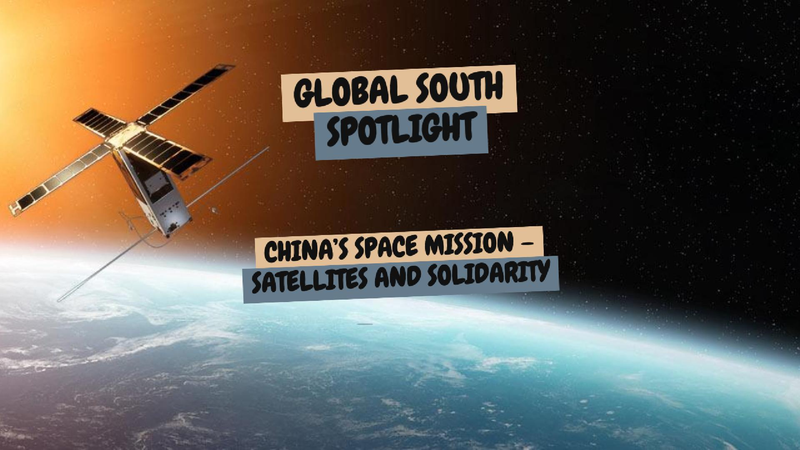When Shenzhou-20 soared into orbit this spring, it marked more than a technological milestone for the Chinese mainland’s space program—it kicked off a new chapter of global collaboration. Beyond headlines and hero shots of astronauts floating in microgravity, this mission is the latest plank in a broader push to make space data a public good for the Global South.
In agriculture, high-resolution imagery from satellites is helping smallholder farmers monitor crop health, forecast yields, and manage resources more efficiently. In regions prone to flooding and wildfires, rapid-response mapping is empowering disaster relief teams to plan evacuations, allocate supplies, and rebuild infrastructure with greater speed and precision.
Back on Earth’s busiest streets, smart-city projects in partner nations are tapping into satellite feeds to optimize traffic flows, manage energy grids, and improve air-quality monitoring. By combining on-the-ground sensors with space-based data streams, urban planners can design greener, more resilient cities that adapt to changing climate conditions and population growth.
This solidarity-driven model hinges on cooperation. Through joint research labs, data-sharing agreements, and capacity-building workshops, China is training local experts to interpret satellite data and apply insights in real time. For entrepreneurs and startups, access to these platforms opens new frontiers—from precision farming apps to AI-powered disaster-alert systems.
For young global citizens, business innovators, thought leaders, and digital nomads alike, the lesson is clear: space exploration isn’t just about rockets and laboratories—it’s a powerful catalyst for sustainable development and cross-border solidarity. As China’s space ambitions continue to expand, the promise of turning orbit into opportunity is only just beginning.
Reference(s):
cgtn.com




